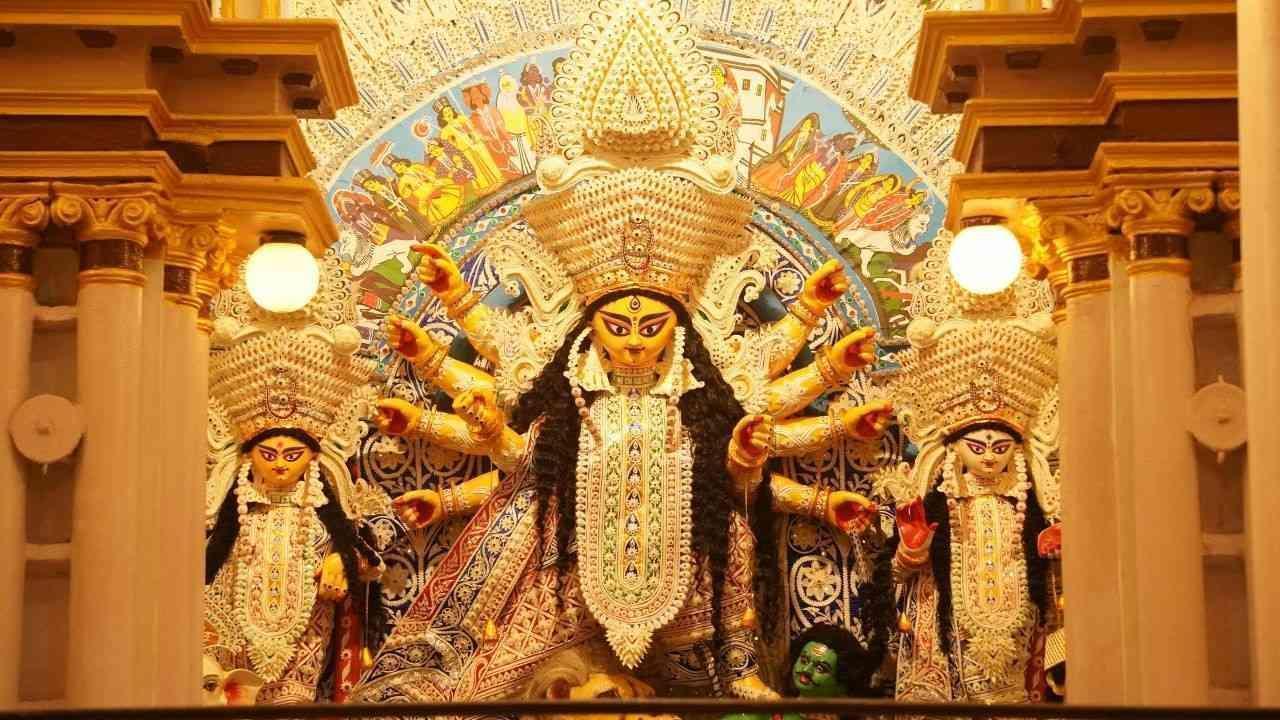
Post by : Mumtaaz Qadiri
Dussehra, also called Vijayadashami, is one of the most important festivals in India. It celebrates the victory of good over evil. Dussehra is celebrated on the tenth day of the Hindu month of Ashwin, which usually falls in September or October. This festival marks the end of the nine-day Navratri festival, a period dedicated to worshiping Goddess Durga.
During Navratri, people fast, pray, and perform devotional dances like Garba and Dandiya. The last day of Navratri, the tenth day, is celebrated as Dussehra. This day reminds people that truth, righteousness, and goodness always win over evil forces. Dussehra also signals the start of vibrant festivities that include fairs, plays, and family gatherings.
Dussehra has a rich mythological significance. The most popular story comes from the Ramayana, an ancient Hindu epic. According to this story, the demon king Ravana kidnapped Sita, the wife of Lord Rama. Rama, with the help of his brother Lakshman and the devoted Hanuman, fought a fierce battle in Lanka to rescue Sita.
The victory of Rama over Ravana symbolizes the triumph of good over evil. People celebrate Dussehra by burning large effigies of Ravana, Meghnath, and Kumbhkaran. These effigies are filled with firecrackers and set ablaze to remind everyone that evil cannot survive against truth and righteousness.
Another story from Shaktism highlights Goddess Durga’s victory over the buffalo demon Mahishasura. Durga fought Mahishasura for nine nights and ten days, which is why Navratri is celebrated for nine days. Dussehra marks her ultimate victory, symbolizing the end of evil forces in the world.
Navratri is a period of spiritual reflection and devotion. During these nine days, devotees worship different forms of Goddess Durga. Each day represents a different aspect of the goddess, emphasizing courage, wisdom, and purity.
The tenth day, Dussehra, is considered the climax of Navratri. It is the day when devotion, discipline, and spiritual energy are celebrated with grand rituals and ceremonies. People wear new clothes, offer prayers, and attend temple fairs.
By marking the end of Navratri, Dussehra reminds us that spiritual effort and moral strength lead to success. It is a day to celebrate victories, both personal and communal, over negativity, laziness, and injustice.
Dussehra is celebrated with great enthusiasm across India. People organize Ramlila performances, which are dramatic enactments of the life of Lord Rama. These plays end with the burning of Ravana’s effigy, symbolizing the destruction of evil.
In many regions, people also exchange gifts, prepare special sweets, and visit family and friends. Communities organize fairs, cultural programs, and competitions, making it a fun-filled celebration for everyone.
In South India, Dussehra is linked to Mysuru Dasara, a 10-day festival celebrated with royal processions, decorated elephants, and music and dance performances. In West Bengal, Dussehra coincides with the Durga Puja celebrations, showcasing elaborate idols of Goddess Durga and her victory over Mahishasura.
Dussehra teaches important lessons. It reminds us that truth, courage, and patience will always defeat evil, injustice, and selfishness. The festival encourages people to follow the path of righteousness in their daily lives.
Socially, Dussehra is a time to bring communities together. People visit temples, attend fairs, and share food with neighbors. The festival promotes unity, cultural harmony, and respect for traditions.
For children, Dussehra is a learning opportunity. They understand the values of bravery, honesty, and devotion by watching plays and listening to stories about Lord Rama and Goddess Durga.
Today, Dussehra is celebrated not only in India but also by Indian communities worldwide. People in countries like the UAE, the USA, and the UK organize Ramlila performances, cultural events, and festive gatherings. These celebrations help preserve cultural heritage and pass the stories and values of Dussehra to younger generations.
In cities like Dubai and Abu Dhabi, cultural associations host large-scale events, allowing expatriates and locals to enjoy the festival. Traditional dances, music, and even food festivals bring the spirit of India alive abroad.
Dussehra is more than just a festival. It is a celebration of moral victory, courage, and devotion. By marking the end of Navratri, it reminds us of the power of good deeds, discipline, and positive energy. The festive spirit brings families, friends, and communities together, spreading happiness, culture, and tradition.
Whether through burning effigies of evil, participating in Ramlila, or sharing sweets, Dussehra encourages everyone to embrace goodness in their hearts. It is a festival that unites spirituality, culture, and joy, inspiring people to lead better, more righteous lives.
This article is for informational and cultural purposes only. GCC News 24 does not endorse any religious or political views. The content aims to provide a simple and educational overview of the significance, traditions, and celebrations of Dussehra.
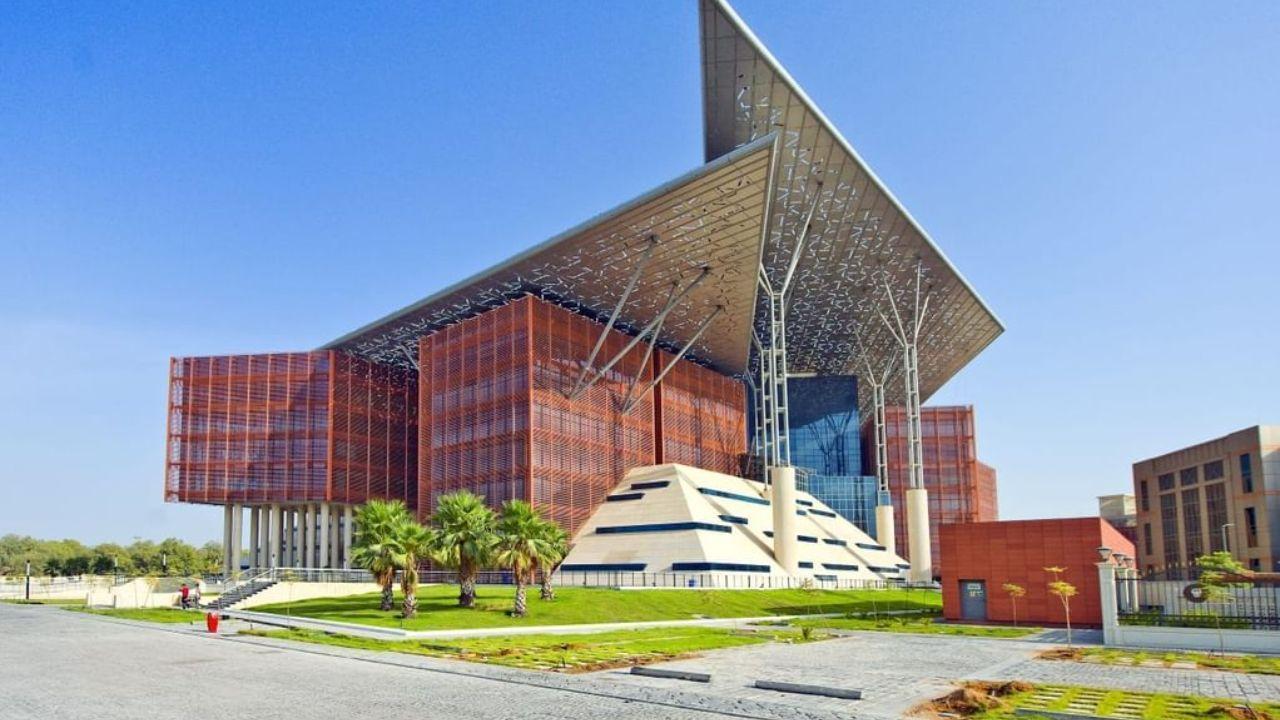



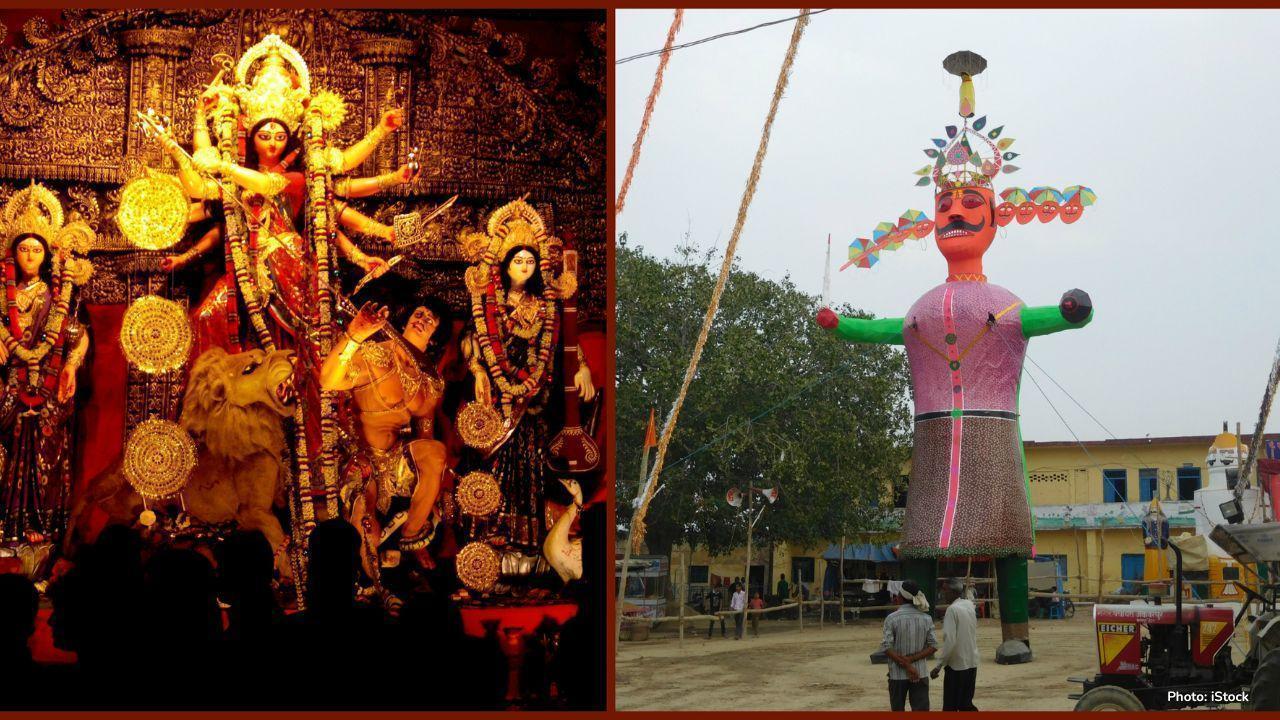
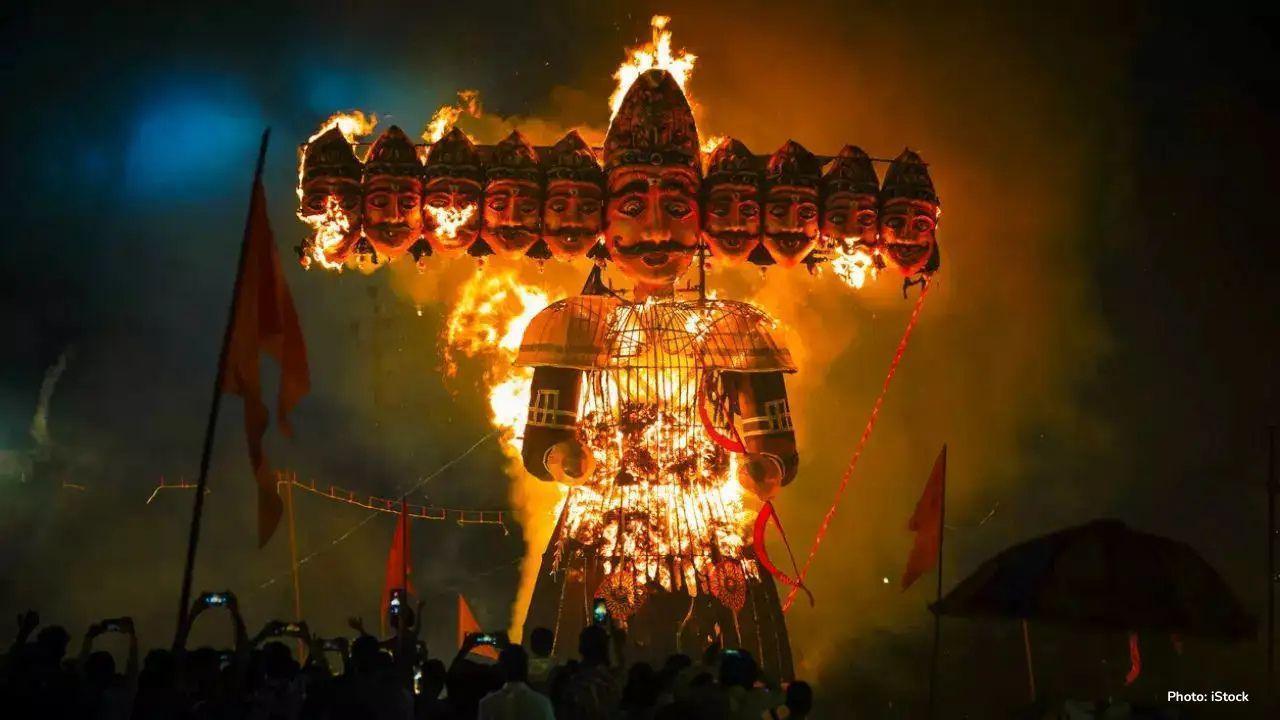
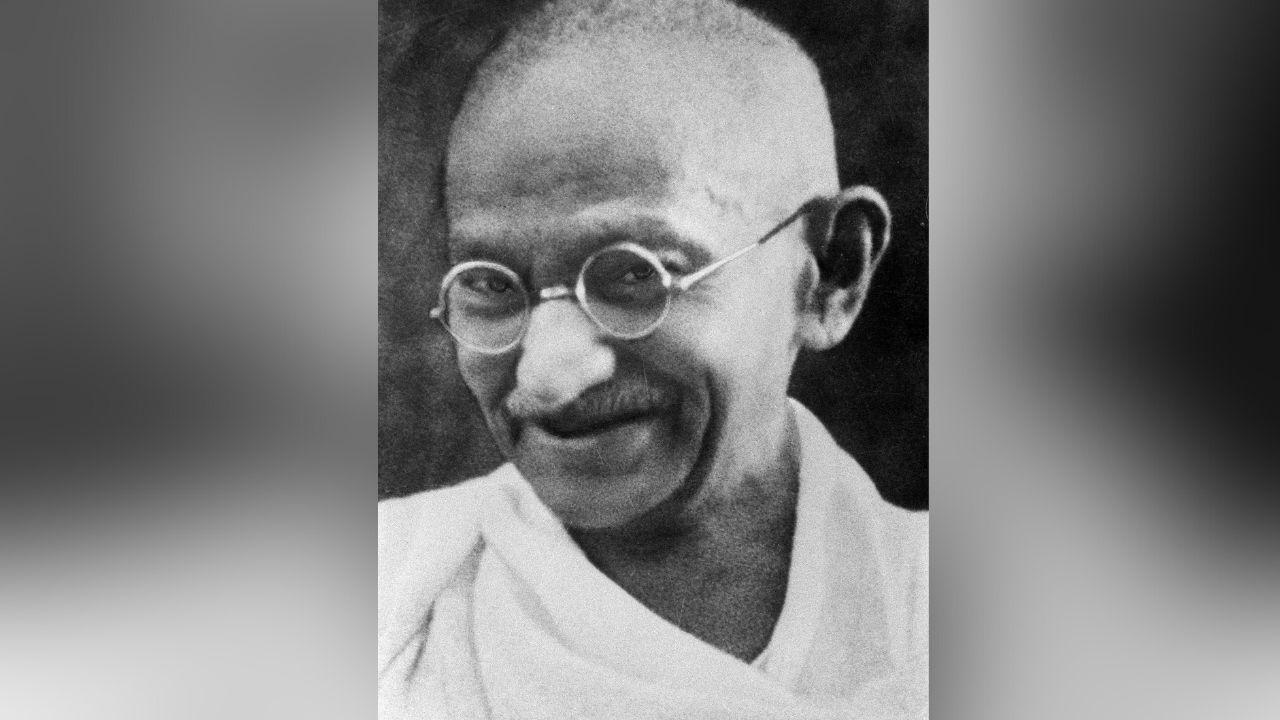



Why Dussehra Marks the End of Navratri and the Beginning of Festivities
Learn why Dussehra marks the end of Navratri, its cultural importance, and how people celebrate this

Tragic Boat Accident In Nigeria’s Niger River Kills 26 People
At least 26 people died when a boat carrying traders capsized in Nigeria’s Niger River, highlighting
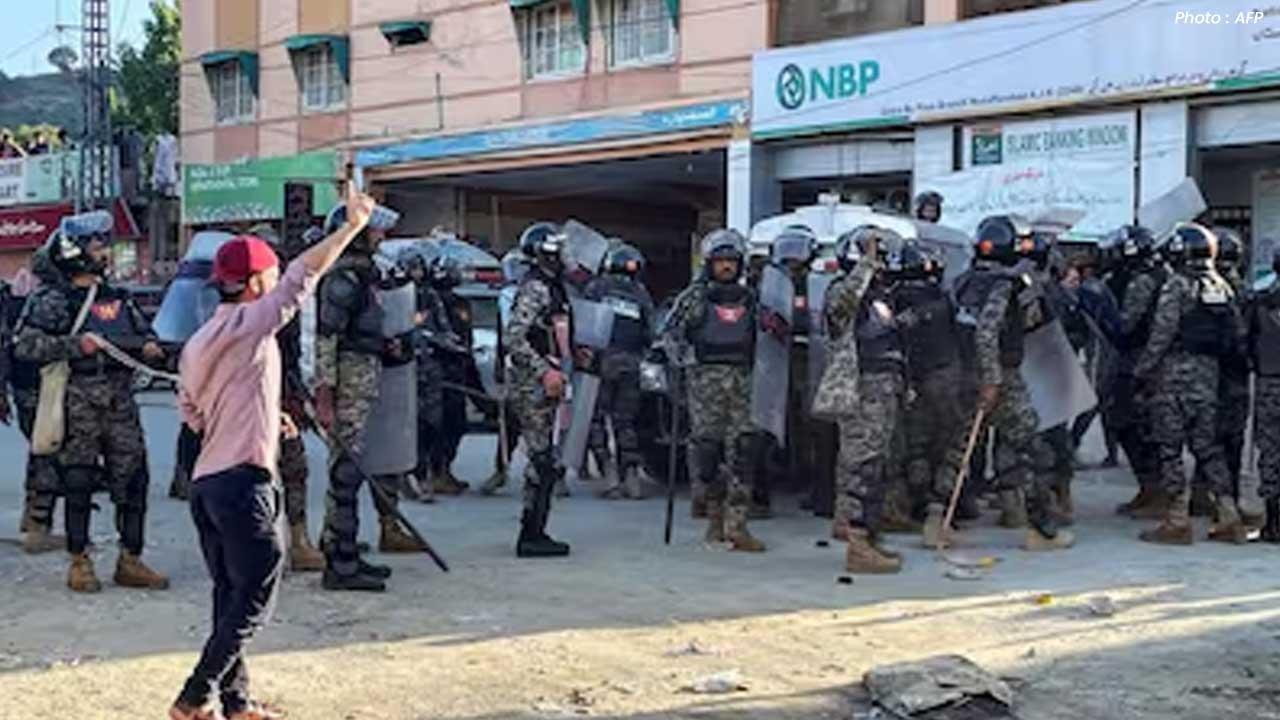
Violent Protests in PoK Leave Eight Civilians Dead
Eight civilians died in Pakistan-occupied Kashmir protests as locals demand rights, with clashes, st

Dodgers Beat Reds 10-5 in Wild Card Series Opener
The Los Angeles Dodgers defeated the Cincinnati Reds 10-5 in Game 1 of the MLB Wild Card Series, pow

Real Madrid Thrash Kairat 5-0 with Mbappe Hat-Trick
Kylian Mbappe scored a stunning hat-trick as Real Madrid beat Champions League newcomers Kairat Alma
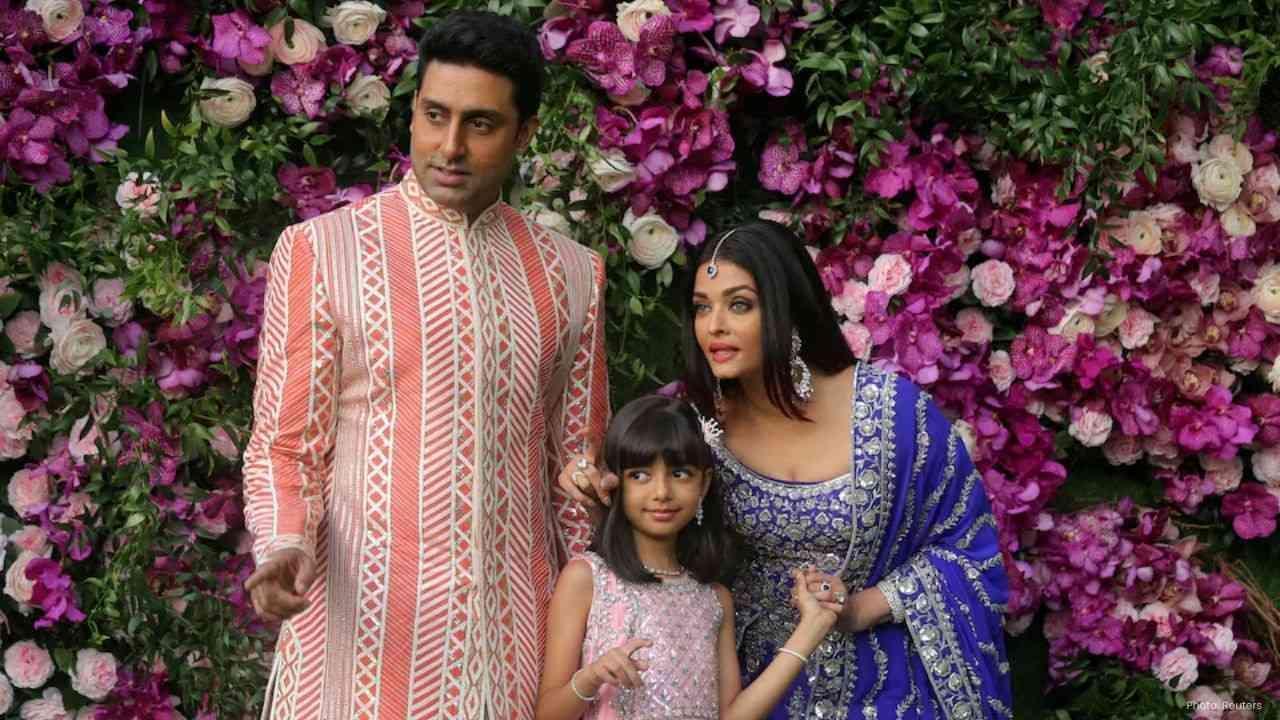
Abhishek, Aishwarya Sue YouTube Over AI Misuse in India
Abhishek and Aishwarya Rai Bachchan sue YouTube over AI videos, seeking damages, takedowns, and stro